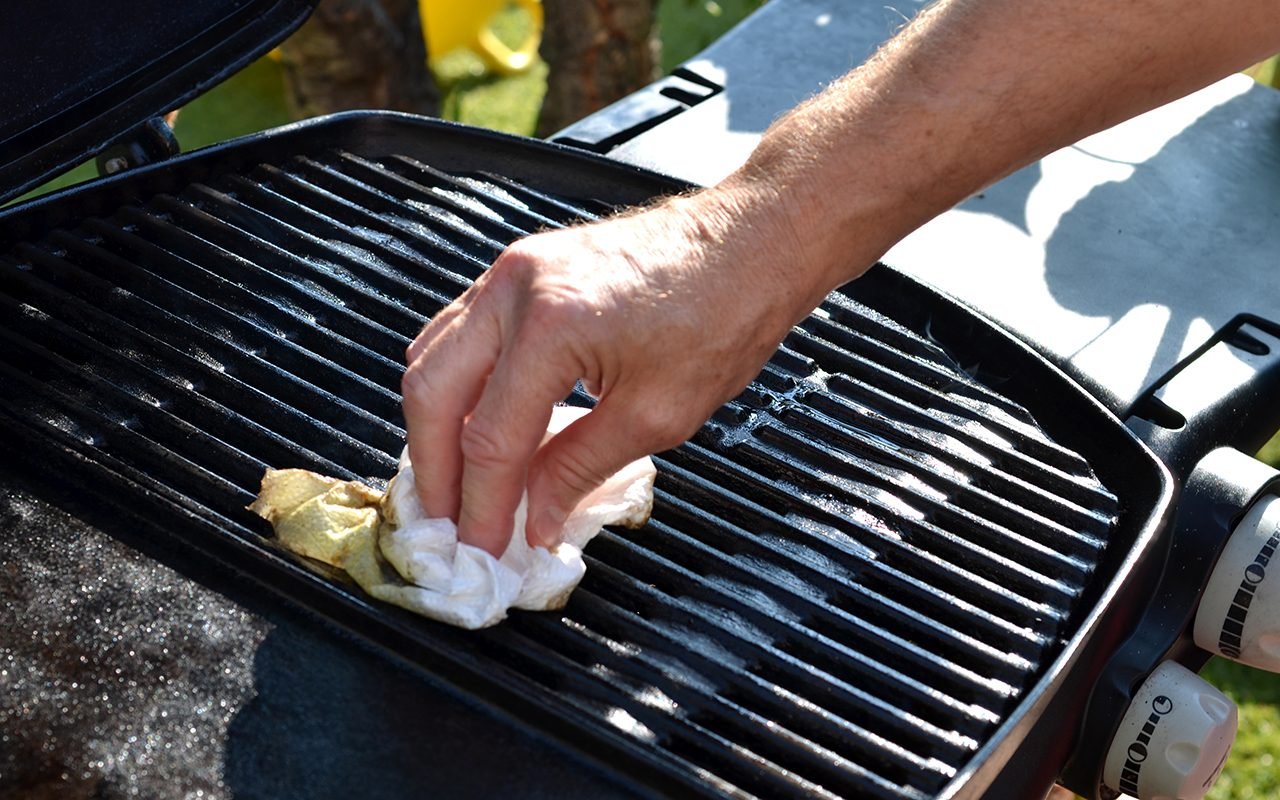Buying Guide for Grill Grates: Essential Tips for Barbecue Enthusiasts
Written By James Morgan
When it comes to grilling, the importance of choosing the right grill grates cannot be overstated. Whether you're a novice griller or a seasoned barbecue enthusiast, understanding the nuances of grill grates is crucial. This buying guide for grill grates will provide you with all the information you need to make an informed decision. From materials and designs to maintenance tips, let's explore everything you need to know to elevate your grilling game.

Why Grill Grates Matter
Grill grates are more than just a cooking surface; they are the foundation of your grilling experience. The type of grill grate you choose will affect the taste, texture, and appearance of your food. Some grates are designed to retain heat better, while others offer non-stick properties. Understanding these differences can help you achieve the perfect sear and prevent food from sticking, ultimately enhancing your barbecuing skills.
Types of Grill Grates
There are several types of grill grates available, each with its own advantages and disadvantages. Let's delve into the most popular options:
Ceramic Grates
Ceramic grates are known for their excellent heat retention and even cooking. They provide a non-stick surface, making them perfect for delicate foods like fish and vegetables. However, they can be fragile and require careful handling. You can read more about their advantages in our Top Brands for Grill Grates post.
Cast Iron Grates
Cast iron grates are a favorite among grill enthusiasts due to their durability and ability to retain heat. They create beautiful grill marks and are ideal for searing meat. However, they require regular maintenance to prevent rusting. For more information on maintaining cast iron grates, check out the Petromax Advisor.
Stainless Steel Grates
Stainless steel grates are known for their resistance to rust and corrosion. They are easy to clean and require minimal maintenance. While they may not offer the same heat retention as cast iron, they are perfect for high-heat grilling. Learn more about their features in our Grill Grates USA Made article.
Factors to Consider When Buying Grill Grates
When selecting grill grates, there are several factors to consider:
Material
The material of the grill grate will influence its performance, durability, and maintenance requirements. Consider your cooking preferences and how often you grill when choosing the material.
Size and Compatibility
Ensure that the grill grates you choose are compatible with your grill model. Measure your grill's dimensions and compare them with the grates' measurements to ensure a proper fit.
Heat Retention and Distribution
Different materials offer varying levels of heat retention and distribution. Cast iron grates, for example, are excellent for retaining heat, while stainless steel grates provide even heat distribution.
Maintenance
Consider how much time and effort you are willing to invest in maintaining your grill grates. Some materials require more upkeep than others, so choose one that aligns with your lifestyle.
Maintaining Your Grill Grates
Proper maintenance is essential to prolong the life of your grill grates and ensure optimal performance. Here are some tips:
Regular Cleaning
Clean your grates after every use to prevent food residue from building up. A wire brush is an effective tool for scrubbing away debris. For a more in-depth guide, visit the Kick Ash Basket Blog.
Seasoning
If you have cast iron grates, seasoning them regularly will prevent rust and maintain their non-stick surface. Apply a thin layer of vegetable oil and heat the grates to create a protective coating.
Storage
Store your grill grates in a dry place when not in use. This prevents rust and prolongs their lifespan.

FAQ
What is the best material for grill grates?
The best material depends on your grilling preferences. Cast iron is excellent for searing, ceramic offers non-stick properties, and stainless steel is low-maintenance.
How often should I clean my grill grates?
It's recommended to clean your grill grates after every use to maintain their condition and ensure optimal performance.
Can I use metal utensils on grill grates?
While metal utensils can be used on certain grates, they may damage non-stick surfaces like ceramic. Consider using wooden or silicone utensils for such grates.
For more insights into the science behind grill grates and their impact on your grilling experience, check out the Science of GrillGrates.



